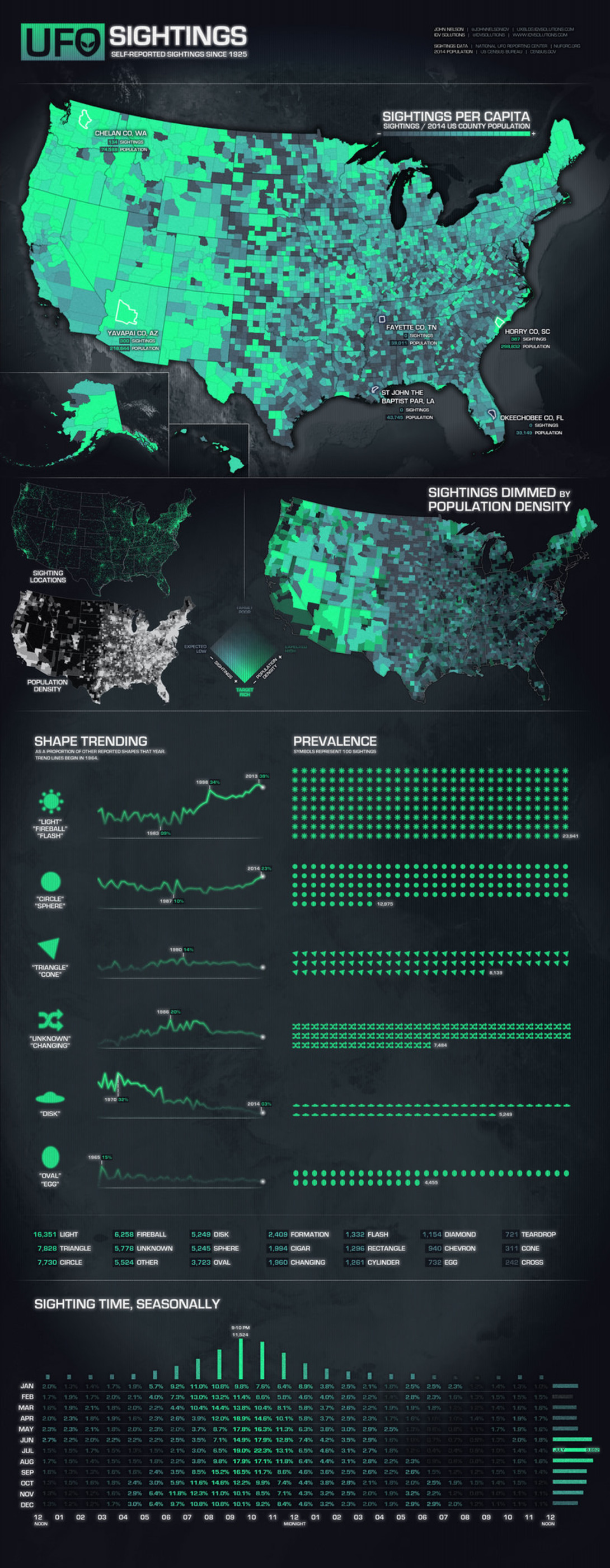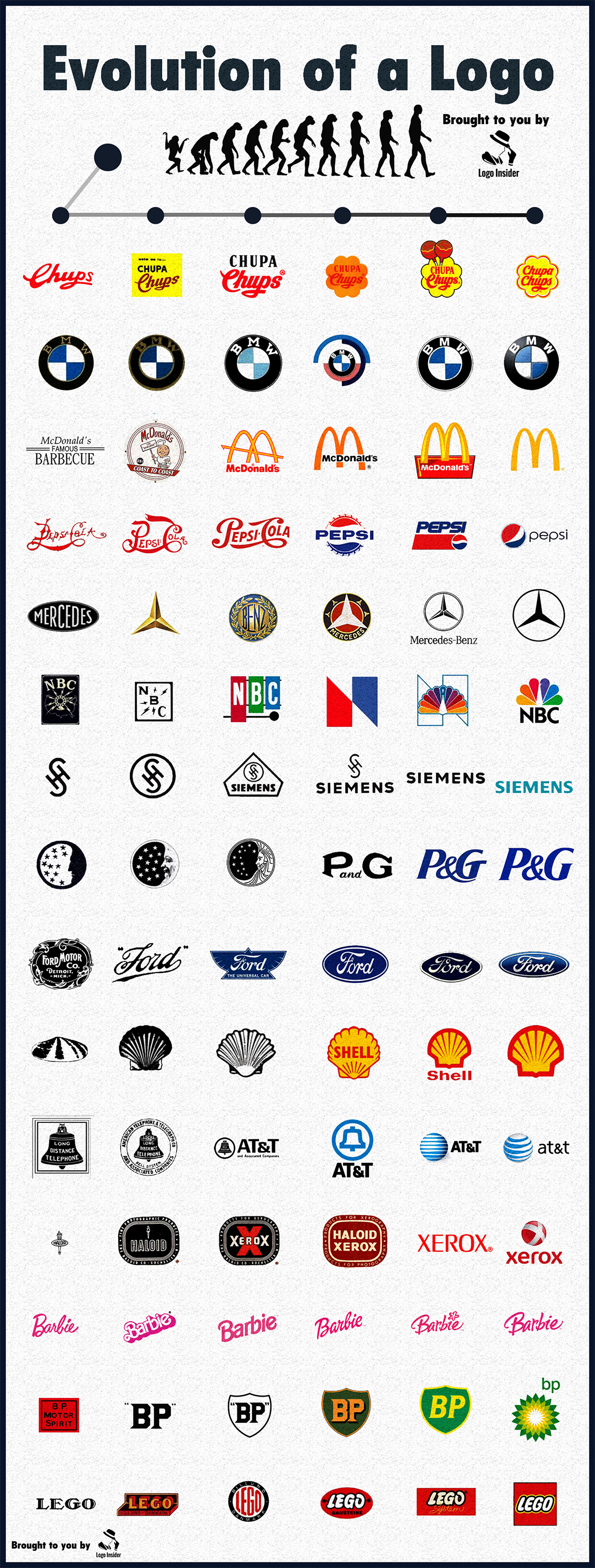Detailed Article: “How Google Has Revolutionized Research for Graduate Students”
The infographic titled “Just Google It: How Google Has Changed Research for Grad Students” dives deep into the monumental role Google plays in academic research and highlights the broader implications of search engines on education. Below, we break down its key findings and insights.
The Ubiquity of Google in Academic Research
The infographic opens with striking statistics: 94% of U.S. students equate research with Google, and 75% use Wikipedia and online encyclopedias as primary sources. These figures underscore a pivotal shift in how knowledge is accessed and validated. For many, “Googling” has replaced traditional library research, signaling a dependency on instant, accessible information.
Who’s Using Search Engines?
Across generational divides, search engine usage remains dominant:
- Millennials (18-33): 92%
- Gen X (34-45): 87%
- Even the Silent Generation (66-73) shows significant engagement at 72%.
This generational data highlights a universal reliance on digital platforms, with younger users leading the charge.
The Search Engine Market: Google Dominates
Google’s overwhelming market share of 66.7% leaves competitors like Bing (18.2%) and Yahoo (11.2%) trailing far behind. Other platforms, such as AOL and Ask, barely register on the radar. This dominance is further cemented in the total number of searches, with Google handling 12.3 billion monthly searches as of 2013.
Google’s Academic Arsenal
Google has expanded beyond search to offer specialized tools for academic research:
- Google Scholar – Access to theses, books, abstracts, and articles.
- Google Earth – Ideal for geography, archaeology, and environmental studies.
- Google Books – Preview or access millions of digitized texts.
- YouTube EDU – Online lectures covering diverse subjects.
These tools enhance accessibility and provide students with a more efficient way to gather and analyze data.
What Tools Do Students Actually Use?
A closer look at students’ research habits reveals:
- 94% use Google or other search engines.
- 75% utilize Wikipedia or online encyclopedias.
- Only 18% use academic databases like JSTOR or EBSCO, highlighting a preference for free and easily digestible information.
The Evolution of Online Research
From the advent of the World Wide Web in 1990 to the creation of platforms like Facebook (2004) and Google Chrome (2008), the timeline presented in the infographic showcases how internet infrastructure has shaped digital research. By 2011, the world reached an impressive milestone: 2 billion internet users.
Implications and Challenges
The convenience of Google has democratized knowledge, but it also raises concerns about over-reliance, information quality, and a diminished emphasis on traditional research skills. Tools like Google Scholar offer rigor, but the dominance of search engines risks marginalizing peer-reviewed academic databases.








